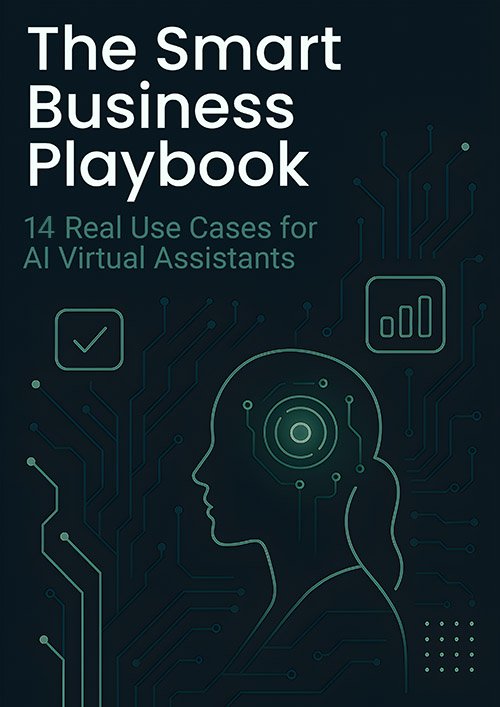As a dietary aide, you verify patients receive meals aligned with their nutritional needs, while adhering to food safety standards. You’ll collaborate with dietitians, prepare and serve meals, maintain cleanliness, and update patient dietary information. You need a high school diploma, food service experience, and preferably food safety certification. Your customer service skills enhance the dining experience. Explore further to understand how this role fits into the growing demand in healthcare.
Introduction to Dietary Aide Role

A Dietary Aide serves as an essential link in healthcare nutrition, ensuring that every meal aligns with specific dietary guidelines and patient needs. In your role, you collaborate with dietitians to develop meal plans tailored to each patient’s dietary requirements.
This involves meticulous meal preparation, where attention to food safety and sanitation is paramount. You maintain a clean kitchen environment, adhering to proper food storage and handling practices to prevent contamination.
Beyond technical skills, your customer service abilities are vital. By interacting positively with residents and patients, you enhance their dining experience and satisfaction.
A high school diploma and food service experience equip you with foundational knowledge, enabling you to effectively support healthcare nutrition through expertise and client-focused service.
Primary Duties and Tasks
Commence your daily tasks as a Dietary Aide by guaranteeing that every meal you prepare and serve meets the specific dietary needs and nutritional guidelines of patients and residents.
Your primary responsibilities revolve around the meticulous preparation of meals while maintaining high standards of food service and sanitation.
Here’s what you should focus on:
- Monitor and Maintain: Regularly check food temperatures and inspect meal trays to guarantee compliance with dietary restrictions.
- Clean and Sanitize: Uphold cleanliness in the kitchen by following proper food handling and hygiene protocols.
- Organize and Communicate: Set up and take down dining areas, creating a pleasant environment, and accurately relay patient menu choices to the kitchen staff using computerized systems.
These tasks are pivotal in delivering quality care and nutrition.
Core Competencies & Expertise

Possessing a thorough set of core competencies is essential for excelling as a Dietary Aide. Your role demands a strong foundation in food safety, meal preparation, and attention to detail to effectively cater to dietary needs.
Evidence-based practices guide you in maintaining high hygiene standards and guaranteeing proper food handling. You’ll need to guarantee meals meet specific dietary requirements, enhancing the dining experience for residents.
Here’s what you need to focus on:
- Food Safety: Maintain a clean kitchen, monitor food temperatures, and handle meals safely.
- Meal Preparation: Follow dietary guidelines and execute kitchen tasks with precision.
- Attention to Detail: Inspect diet trays for compliance and accurately document meal records.
These skills guarantee you meet diverse dietary needs efficiently.
Hospital Setting, Varied Shifts
Working as a Dietary Aide in a hospital setting demands adaptability and dedication to patient care, where your core competencies come into play.
You’ll navigate varied shifts, including early mornings, evenings, and weekends, ensuring patient meal schedules and dietary needs are met. A high school diploma lays the foundation for your role, while experience in food service or healthcare enhances your prospects.
Adherence to strict food safety and hygiene protocols is essential to prevent foodborne illnesses in this healthcare environment. You’ll prepare and serve meals tailored to patients’ dietary restrictions and preferences, aligning with nutrition guidelines.
Flexible scheduling allows you to balance work with personal commitments, supporting overall patient well-being through your nutritional expertise.
Compensation and Perks Overview

When considering a position as a Dietary Aide, understanding the compensation and perks can greatly influence your decision. With hourly pay ranging from $17.00 to $19.00, you’re assured competitive compensation. Flexible hours cater to your personal schedule, enhancing work-life balance. Health insurance and paid parental leave deliver essential support, ensuring well-being. Facilities often offer career advancement opportunities within the healthcare field, promoting professional growth. Some even provide reimbursement for CNA courses, facilitating skill development.
| Benefit | Description | Impact |
|---|---|---|
| Compensation | $17.00 to $19.00/hour | Competitive pay |
| Flexible Hours | Various shift options | Work-life balance |
| Health Insurance | Coverage for medical needs | Enhanced well-being |
| Career Advancement | Growth within healthcare | Professional development |
| Reimbursement | CNA course financial support | Skill enhancement |
These perks create a supportive work environment.
Growing Demand in Healthcare
You’ll find that the demand for Dietary Aides in healthcare is growing, with job opportunities expected to rise by 10% from 2020 to 2030, partly due to an aging population.
This increase highlights the essential role you play in addressing complex dietary needs, especially as hospitals and care facilities focus more on nutritional health.
As technology advances, you’ll have even more tools at your disposal to enhance patient care and potentially advance into supervisory roles.
Increasing Healthcare Employment
As the healthcare industry continues to expand, dietary aides are becoming increasingly essential in meeting the nutritional needs of a growing patient population.
With a projected addition of 2.6 million jobs by 2030, dietary aides are instrumental in ensuring health and safety across healthcare settings. In assisted living facilities, they play a significant role in meal preparation, addressing specific dietary requirements, and supporting patients’ nutritional well-being.
The Bureau of Labor Statistics reports an 8% job growth for dietary aides over the next decade, underscoring their importance. This growth is fueled by the heightened awareness of nutrition’s role in health management and recovery, prompting healthcare facilities to broaden their dietary services and create more opportunities for skilled dietary support staff.
Aging Population Impact
Given the rapid increase in the aging population, the demand for healthcare services, particularly dietary support, is soaring.
As a dietary aide, you play an important role in ensuring seniors receive appropriate nutrition tailored to their specific dietary requirements. With the global population aged 65 and older set to reach 1.5 billion by 2050, your expertise in meal planning and preparation becomes essential.
Approximately 80% of older adults have chronic conditions requiring specialized diets, underscoring your importance in healthcare settings. Nearly 25% of seniors in long-term care need assistance with meals, highlighting the growing need for your skills.
Your focus on delivering nutritious meals helps address the unique health challenges faced by the aging population, ensuring their dietary needs are met.
Technological Advancements Influence
With the rapid integration of technology in healthcare, dietary aides are finding their roles increasingly influenced by digital advancements.
In the Dietary Aide Job Description, you’ll notice that technological advancements are reshaping how you assist patients and residents. Advanced dietary management software now streamlines meal planning and tracking, allowing you to efficiently manage diets.
As telehealth grows, being tech-savvy is vital for providing remote nutritional guidance. You’ll need strong analytical skills to interpret personalized nutrition data based on genetics and health information.
Furthermore, as electronic health records and computerized diet systems become commonplace, your ability to handle digital tools for meal orders and patient data management becomes essential.
This tech-driven shift underscores the evolving nature of your role in healthcare.


